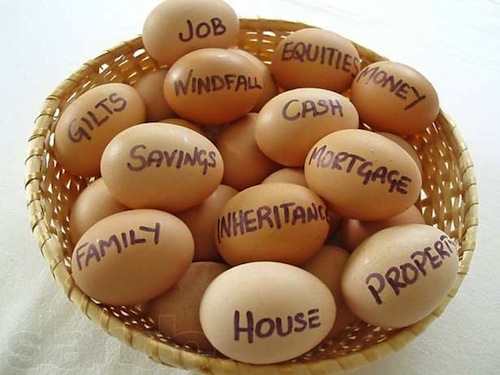
With 2013 now well and truly in full swing, many families will be looking at ways to get their finances in check through more efficient budgeting. Many people may have made New Year’s resolutions at the start of the year with a promise to get those household finances sorted for the up and coming year but haven’t quite got around to it as yet.
If you’ve been promising yourself that you will get the family finances sorted, now is the time to act. It is all too easy to keep putting off this potentially daunting task, but once you make a start on budgeting more effectively you will find that the task becomes a lot less daunting.
Five ways to budget more effectively
Keep track of your income and outgoings: These days, it has become more important than ever for families to keep on top of income and outgoings. Set up a spreadsheet on your computer or even use an old fashioned accounts book to log exactly how much income the household has and exactly what has to come out. This means listing all of your monthly outgoings, including bills, debts, shopping, subscriptions, etc. and logging down how much will go out each month for each one. Mac personal finance software is a great way to keep track this. You will then be able to calculate your final figure for both income and outgoings, enabling you to see how much disposable income you have left at the end of each month.
Cut back on borrowing: While whipping out the credit card or dipping into the overdraft may seem like a good idea at the time, this is something you should try and avoid unless it is an emergency. It is important in the current climate for families to avoid spiralling debts, as otherwise you could gradually see your outgoings rising while your income remains the same.
Think about the future of the kids: With so many financial issues to deal with, many families get caught up in the here and now rather than considering the future. If you have young kids, it is important to think about them when looking at your household budget. Look at opening special bank accounts for children where you can not only teach your kids about the value of saving by encouraging them to put money in but you can also put money aside to save towards your child’s future.
Streamline your outgoings: Many families end up spending more than they realise each month, often on things that they do not want or need. This could include unused or unnecessary subscriptions, gym memberships that are no longer used and a variety of other payments.
Switch and save: There are probably many services that you pay for each month on which you are paying over the odds. This could include utilities, broadband services, and insurance plans. Take a look and see whether you can get better deals from other providers, as switching could save your family a considerable amount of money each month.
Many of these are simple, basic steps but can have a huge positive impact on family finances.
